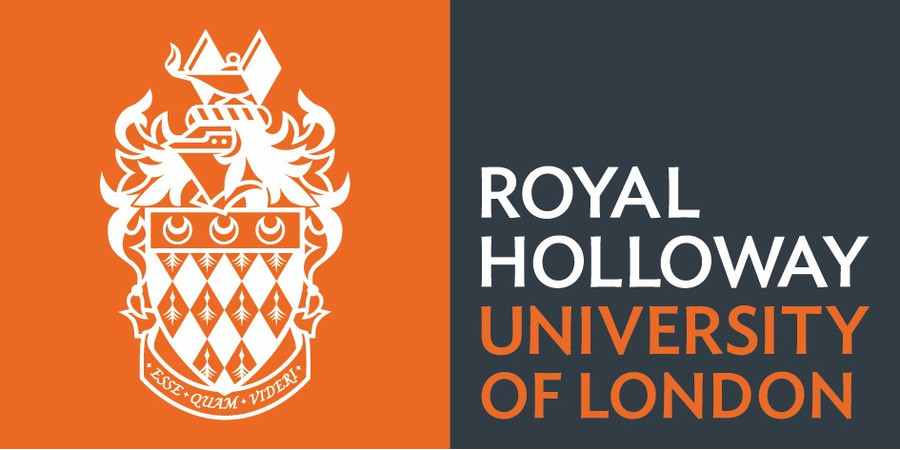Postdoctoral Research Associate in Gravitational Wave Astronomy Department of Physics
Royal Holloway, University of London - Department of Physics
| Location: | Egham |
|---|---|
| Salary: | £40,839 per annum - including London Allowance |
| Hours: | Full Time |
| Contract Type: | Fixed-Term/Contract |
| Placed On: | 28th May 2025 |
|---|---|
| Closes: | 22nd June 2025 |
| Job Ref: | 0525-107 |
Starting Salary is £40,839 per annum inclusive of London Allowance*
*This is the expected starting salary for this post. However, appointment at a higher point may be made for candidates who demonstrate exceptional skills and experience relevant to the role.
Post Overview:
Applications are invited for the post of a Postdoctoral Research Associate in the Astronomy Group as part of the STFC Gravitational Wave Consolidator Grant “Advancing Gravitational-Wave Astronomy Using Artificial Intelligence” led by Dr Greg Ashton.
The successful candidate will join Royal Holloway’s Astronomy Group and conduct research activities related to gravitational wave astronomy. The primary aim will be the development of advanced approaches for computational Bayesian Inference to measure the properties of Compact Binary Coalescence signals. The successful applicant is expected to help produce independent and original research within Royal Holloway’s Centre for Particle Physics and Astronomy, submit publications to refereed journals, and work with and help supervise BSc, MSci, and PhD students.
The successful applicant will have a PhD in Astrophysics, Theoretical Physics, or a related discipline and prior experience relevant to the post. It is also desirable if the post holder has experience in the development of production-quality software, computational Bayesian inference, and strong communication skills.
Research Environment:
Royal Holloway’s Astronomy Group covers a wide range of topics in astrophysics and astronomy, including stellar astrophysics, supernovae, radio pulsars, gravitational-wave astronomy, and cosmology. Leveraging state-of-the-art observational facilities such as JWST, the Hubble Space Telescope, the LIGO/VIRGO/KAGRA gravitational-wave detectors, and the Euclid satellite, we investigate fundamental questions about the nature of celestial objects, the evolution of galaxies, and the structure of the Universe itself. We are also actively involved in the utilisation of upcoming facilities such as the Square Kilometre Array Observatory. The Astronomy Group specifically focuses on applying advanced Artificial Intelligence (AI) methods to astrophysical research. As a result, we actively collaborate with experts in Computer Science as part of Royal Holloway’s Centre for AI.
Additional Information:
This is a full-time post, available from 1st October 2025 or as soon as possible thereafter for a fixed-term period of 3 years at Royal Holloway, University of London.
This role is eligible for sponsorship under the UK Skilled Worker visa route, subject to individual circumstances and compliance with visa requirements.
Interested applicants must complete an online application form to apply. The applicant must complete a set of supporting statements in reference to the selection criteria, upload a CV, a list of publications (these may be attached to the CV), and provide names of two references. Reference letters will only be requested for shortlisted candidates.
For an informal discussion about the post, please feel free to contact:
Dr Greg Ashton by emailing gregory.ashton@rhul.ac.uk
For queries on the application process the Human Resources Department can be contacted by email at recruitment@rhul.ac.uk
Please quote the reference: 0525-107
Closing Date: 23:59 22 Jun 2025
Interview Date: 2 weeks after closing date
The University strongly values equality, diversity, and inclusion, and we are committed to appointing individuals from a diverse range of backgrounds, lived experiences and cultures. We particularly encourage applications from communities underrepresented in our organisation, including women, ethnically minoritized and disabled individuals
Advert information
Type / Role:
Subject Area(s):
Location(s):









